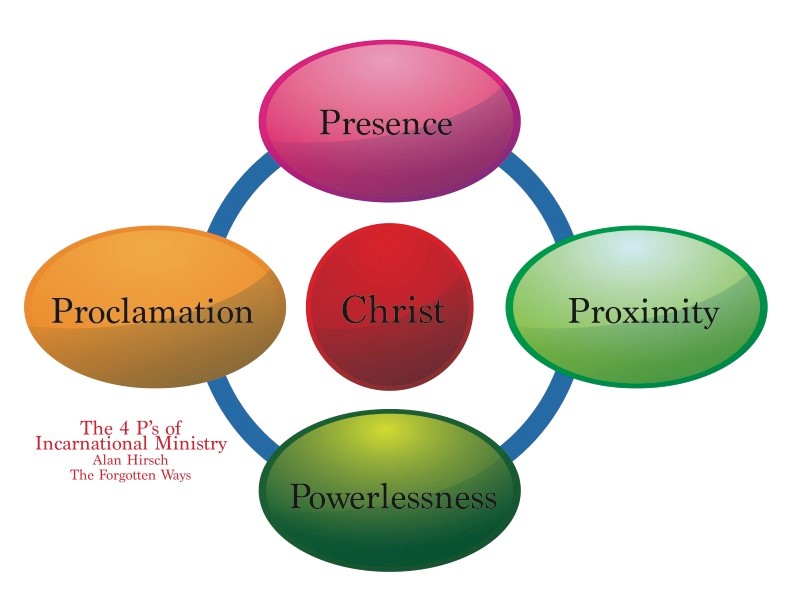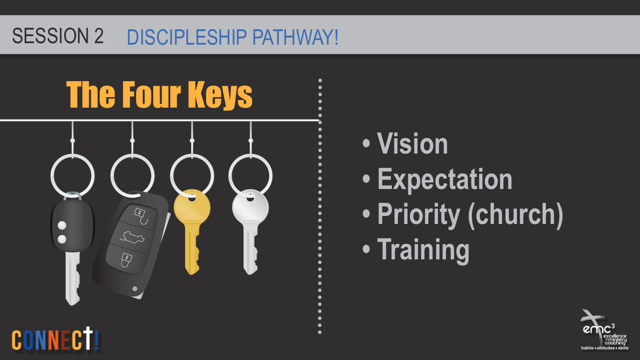August 6, 2013
Guest post by Jeff Stiggins
It isn’t my church or your church or even our church. The church belongs to Jesus. It’s easy to forget that the church is a franchise. We don’t get to decide what the church is about. The mission is set. Still we vote on what we want as if our preferences are what matter most. Vital congregations know: “our church” joins Jesus in continuing his mission, not ours.
We are working through a definition of a “vital congregation” that has four essential elements. Previously we said that a vital congregation is “a unique community of faith.” Now we add the second element: “that is committed to continuing Jesus’ ministry.”
Doug Anderson, of the Bishop Rueben Job Institute for Leadership Development, said that the acid test of a congregation’s discipling process is whether their core leadership are able to make decisions based not on personal preferences, but based on what best advances Jesus’ mission. There are a lot of ways that Jesus’ mission has been described. The way United Methodists have described it lately is: to make disciples of Jesus Christ for the transformation of the world.
So how is your congregation doing
at raising up spiritually mature leaders?
When decisions are being deliberated, what are your primary considerations?
- What have we done in the past?
- What will keep everyone happy?
- What will make us the most comfortable?
- What do most of our members want?
These are preference driven deliberations that functionally assume that the church belongs to us and therefore ought to serve our needs and meet our expectations. Vital congregations don’t focus their decisions around people’s personal preferences.
Neither do vital congregations focus their decisions around what’s best for the church.
- What will bring the most people to our church?
- What will help our church be most successful?
- What does our church have the resources to do?
- What will help our church survive the longest?
These are church focused questions. Jesus didn’t say, “I came that you might have . . . the church.” In fact, we only have two recorded instances in the four Gospels where Jesus even mentions the word “church” (both in Matthew). What Jesus talked about more than anything else was the “Kingdom of God.” He taught us to pray saying, “Thy Kingdom come, Thy will be done on earth as it is in heaven.” This is God’s mission: to establish God’s Kingdom. And it is the church’s purpose (franchise) to continue the Kingdom work the Father sent the Son to begin. So Vital congregations focus their decisions around continuing Jesus’ mission:
- Will this help more people become Jesus’ disciples?
- Will this help people mature spiritually to be and act more like Jesus?
- Will this help us be a congregation that more perfectly embodies the Kingdom way of life Jesus taught us?
- Will this help us be more compassionate servants to people in our community?
- Will this help us have a greater Kingdom impact in our community and the world?
In short, vital congregations focus everything that they do around advancing the mission of the church to make disciples of Jesus Christ for the transformation of the world. All decisions rise or fall on this single missional consideration. The leaders of vital congregations pray that the Spirit will guide them to discern and to do whatever it takes best to join Jesus in fulfilling God’s mission.
Would you say your congregation’s decisions are usually more about pleasing your members, building your church or advancing Jesus’ mission?



This article is right on time. When the church is expanding it must present details that focus on the business of the church. But this article hammers home that we can never separate our thinking from the Great Commission.